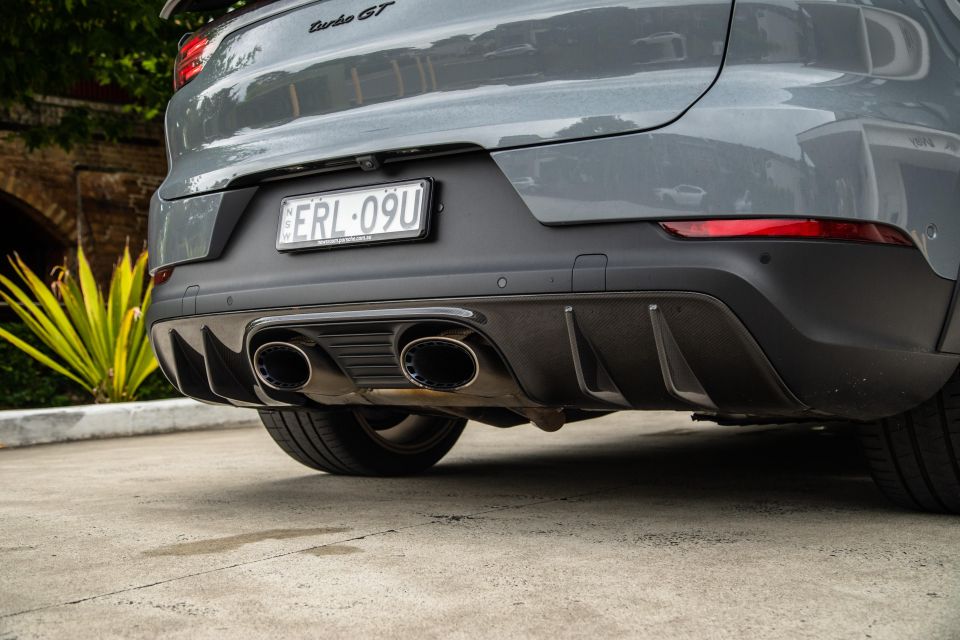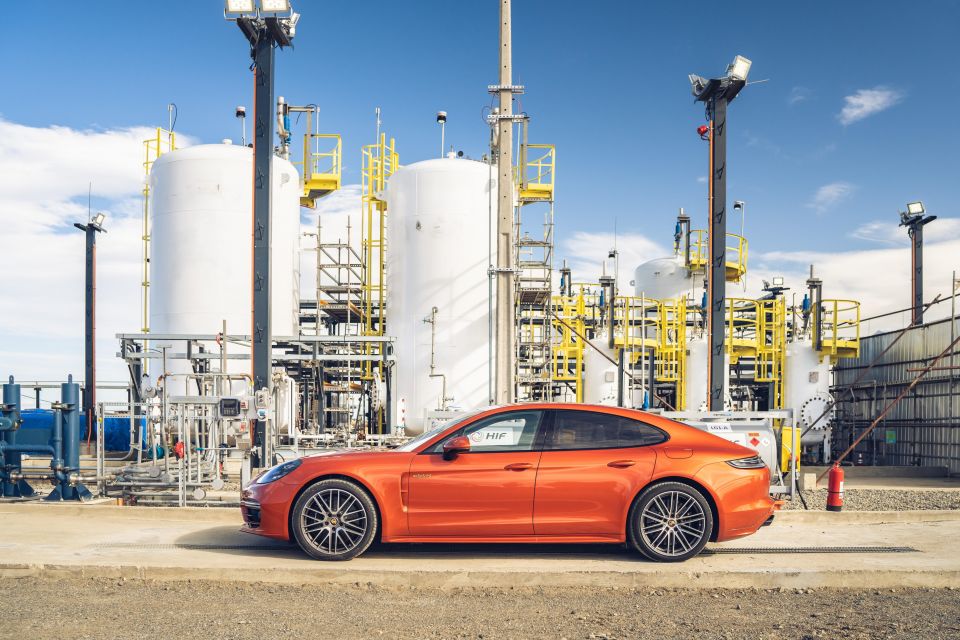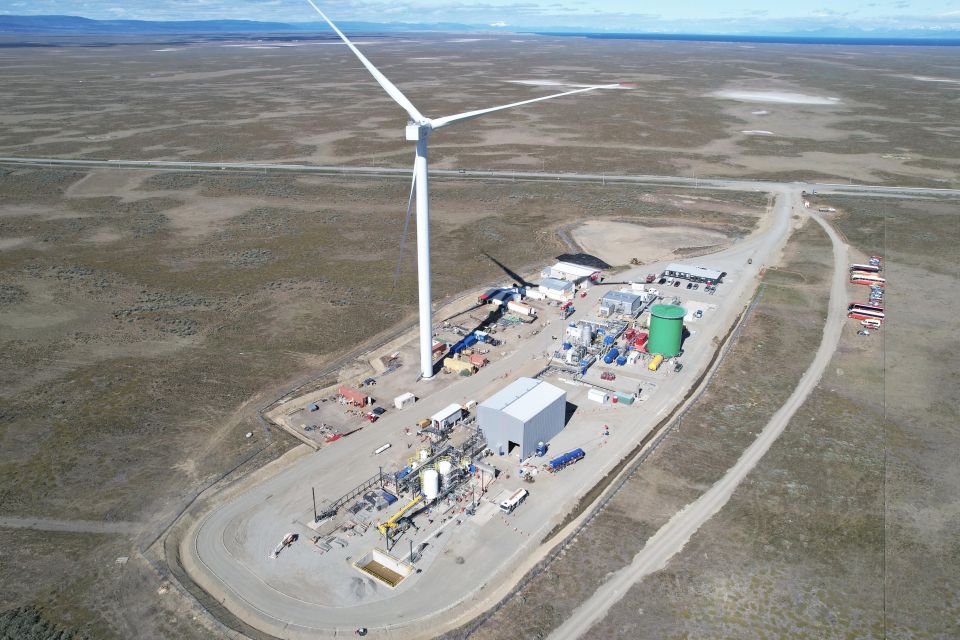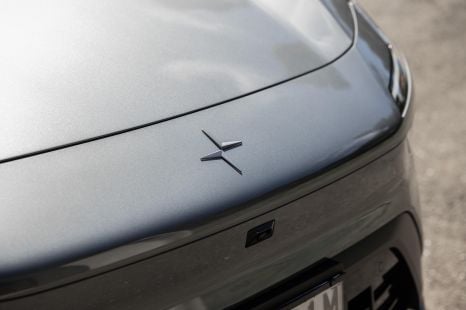

Max Davies
2026 GWM Haval Jolion review
6 Hours Ago
The EU's proposed ban on new combustion-powered vehicles is reportedly set to get a carve-out for those that run on e-fuels.

Contributor


Contributor
In a win for Germany and several other countries opposed to the ban on combustion-powered vehicles from 2035, the European Commission has reportedly offered an amended proposal to allow the use of e-fuels.
According to Reuters, the European Commission is proposing an amendment to the ban which would include a new category for vehicles that can only run on carbon-neutral fuels, allowing for the sale of new cars with internal combustion engines after the 2035 deadline.
However, the vehicles would reportedly be required to have technology that would prevent them from driving if other fuels are used.

The original EU proposal called for a ban of the sale of new petrol and diesel cars, SUVs, and light commercial vehicles from 2035.
The German transport minister has expressed interest in reaching a quick resolution but emphasised that any solution must be ‘resilient and binding’.
However, according to Reuters’ sources, the requirement for cars to distinguish between CO2-neutral fuels and fossil fuels for combustion engine cars to be exempted after 2035 is causing concern for Germany as it would require automakers to develop new engines.
“We are interested in a quick clarification, but it must be resilient and binding. We are currently examining this carefully,” said a spokesperson for the German Transport Ministry.

Talks on the proposal and its amendments are ongoing between the Commission and the German authorities, and the parties reportedly aim to secure an agreement by Thursday’s EU summit.
The European Commission has declined to comment on the draft proposal, but EU climate policy chief Frans Timmermans stated last week that any solution must comply with the 2035 phase-out law agreed upon last year.
The ban on combustion cars after 2035 has sparked debate among EU member states, with the transport ministers of Germany, Italy, Czechia, Hungary, Poland, Romania, and Slovakia previously meeting to discuss their objections to the plan.

Portugal, along with the aforementioned bloc, has also conveyed its objection to the Euro 7 regulations that are scheduled to be implemented in 2025, citing the impractical time frame and excessive expenses as being unreasonable.
The proposed ban on combustion engines is part of the ‘Fit for 55’ package, which aims to contribute to the EU’s overall climate objectives for 2030 and 2050 by directing the automotive industry towards low- and zero-emission technologies, making it more feasible for consumers to adapt said technologies.
The EU lawmakers must obtain unanimous consent from all member states, and the European Commission has deemed the shift to zero-emission vehicles as an essential step towards achieving its climate targets for 2030 and 2050.

E-fuels, also known as synthetic fuels, can counterbalance carbon dioxide emissions from the atmosphere during production, resulting in almost net-zero emissions when the fuel is used in vehicles.
Porsche is just one major automaker that has made significant investments in synthetic fuels, including the establishment of a production plant in Chile in 2022 and plans to commence production in Tasmania by 2026.
The approval of the 2035 ban on CO2 emitting cars is “absolutely necessary” to achieving carbon-neutrality in the European transport sector, so Germany’s response to the Commission’s proposal will be eagerly anticipated by legislators.


Max Davies
6 Hours Ago


Damion Smy
14 Hours Ago


Damion Smy
15 Hours Ago


Damion Smy
16 Hours Ago


Damion Smy
19 Hours Ago


CarExpert.com.au
20 Hours Ago